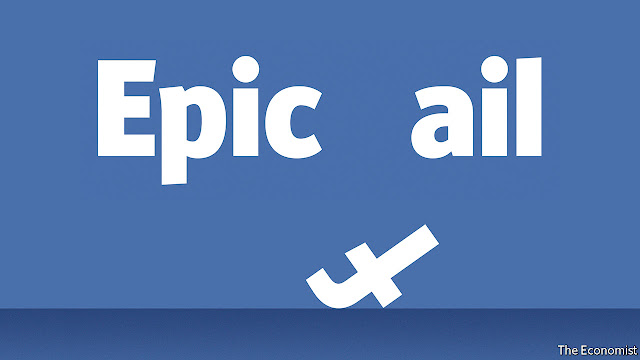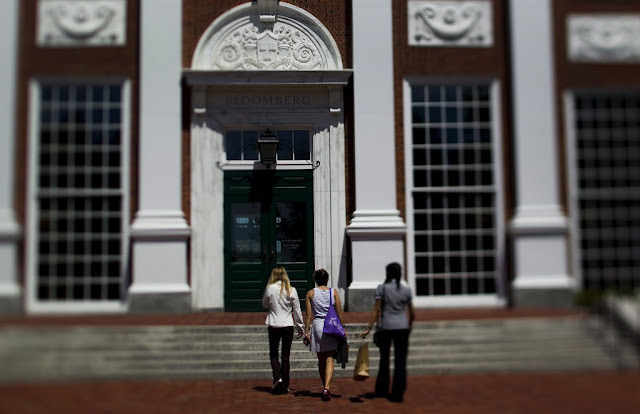An 'Indian' Education

What would an Indian Education system look like? There are many interesting conversations about this in India. The primary reason for this is indeed the ascendancy of BJP, a Hindu Nationalist party, which now controls the Union and most State governments in India. In order to secure its rule, the BJP leaders know that they have to transform the education system. And, they are at it, with a clear agenda and intent - curbing the Western influence where they see it. Most of it has come in the form of petty settling of scores - removing people favoured by earlier administrations - and mindless government meddling in curriculum and governance. However, this has put 'Indianness of Education' as an issue to reckon with. This arises primarily as much of the current Indian Education system was shaped by the British Imperial administration. The British imperial rule did not just set up an Education system in India: It, at the same time, destroyed what was there, pushing S








